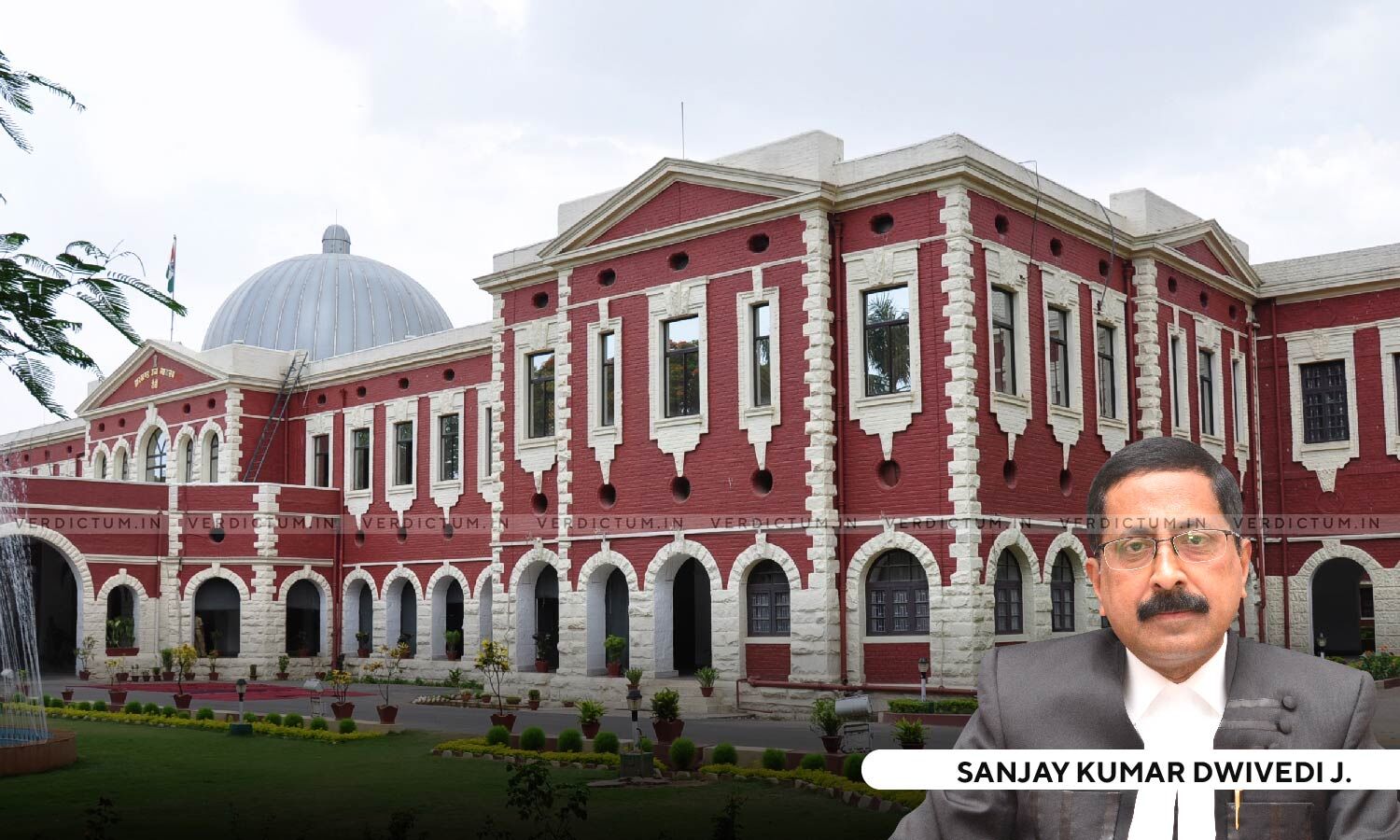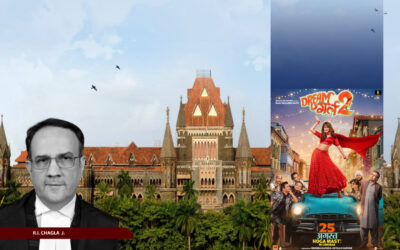No Amendments At Appellate Stage To Wipe Out Prior Pleadings And Admissions Can Be Made: Jharkhand High Court

The Jharkhand High Court observed that the effect of an admission in earlier pleading shall not be permitted to be taken away, by any proposed amendment at the appellate stage.
A Petition was considered by the High Court regarding the scope of Order VII, Rule 17 CPC.
The Bench of Justice Sanjay Kumar Dwivedi observed, “An amendment admitting to wipe out the pleadings and admissions of the party, already considered by the Trial Court, for the purpose of arriving at a decision, in the suit, cannot be allowed to be substituted with a new case, at the appellate stage, which would certainly cause serious prejudice to the party, against whom the amendment is sought for. The effect of an admission in earlier pleading shall not be permitted to be taken away, by any proposed amendment at the appellate stage. ”
Senior Advocate R.N. Sahay represented the Petitioner, while Advocate Shiv Narayan Singh represented the Respondent.
Case Brief
A Partition Suit was instituted by the Petitioner for a decree for partition, however, during the proceeding of trial, an amendment petition was filed by the Petitioner under Order VI Rule 17 of the CPC. However, one of the amendments was not carried out by the Petitioner in the plaint and decree has been passed and that was not carried out in the decree.
Thereafter, in an appeal filed by the Defendant, it was found out that the said amendment, though allowed, was not made. Thus, the Petitioner filed an amendment application before the first Appellate Court and the same was rejected.
Court’s Analysis
The Court noted that Order VI Rule 17 of the CPC confers a discretionary jurisdiction on the Court exercisable at any stage of the proceedings to allow either party to alter or amend his pleadings in such manner and on such terms as may be just.
“The rule goes on to provide that all such amendments shall be made as may be necessary for the purpose of determining the real questions in controversy between the parties. Unless and until the Court is told how and in what manner the pleading originally submitted to the Court is proposed to be altered or amended, the Court cannot effectively exercise its power to permit amendment”, the Court added.
Further, the Court opined that the parties are required to offer a reasonable explanation for the delay in making the application seeking amendment and particularly when such amendment is sought for at the appellate stage, the party seeking amendment should adduce, strong and valid reasons, as to why the amendment sought for, was not made in the Trial Court.
The Court observed that for allowing the amendment particularly at the appellate stage after conclusion of the trial, the parties are required to offer a reasonable explanation for the delay in making the application seeking amendment and particularly when such amendment is sought for, at the appellate stage, the party seeking amendment should adduce, strong and valid reasons, as to why the amendment sought for, was not made in the Trial Court.
The Bench observed, “It is also well-settled that the scope of the appellate Court is to test the correctness of the judgment under the appeal and any benefit or vested right, on account of declaration of the rights, inter se between the parties to the lis, by the trial Court, cannot be allowed to be taken away by allowing in an amendment to the pleadings, at the appellate stage, when the party seeking an amendment could have brought in such amendment, even at the time of the commencement of the trial.”
Accordingly, the High Court disposed of the petition.
Cause Title: Prabodh Kumar Tiwary v. Rakesh Kumar Tiwari (Neutral Citation: 2025: JHHC: 16653)
Appearance:
Petitioner: Senior Advocate rn sahay, advocate bakshi vibha
Respondent: Advocates Shiv Narayan Singh, Pran Pranay

